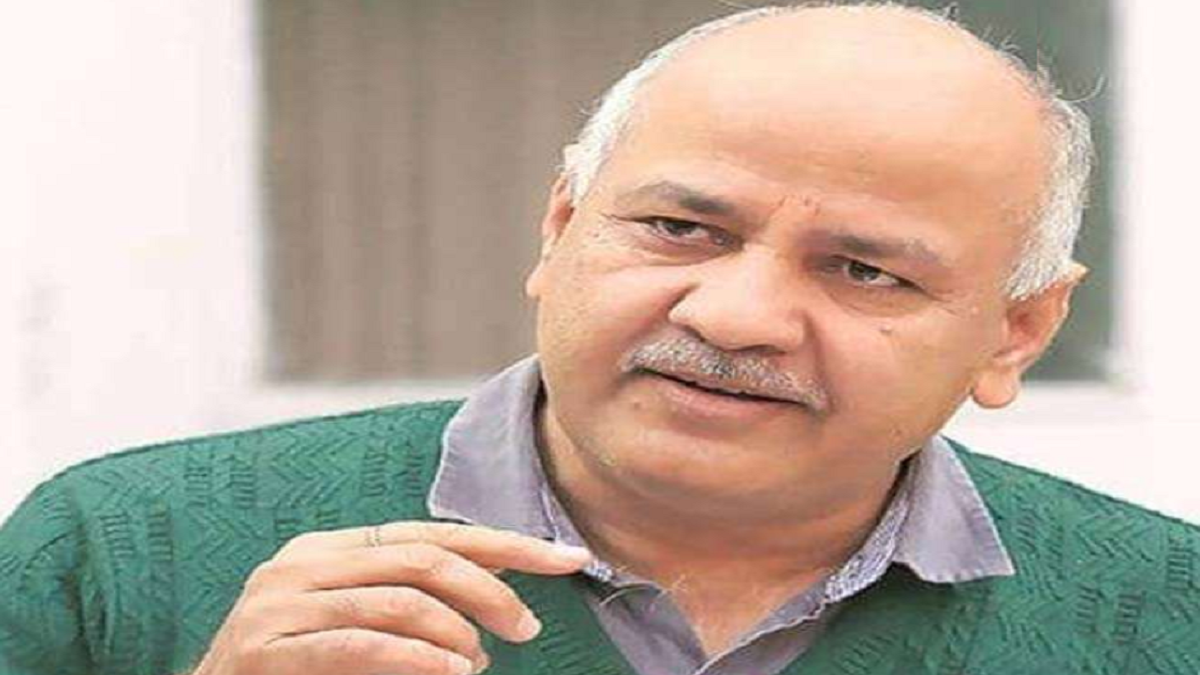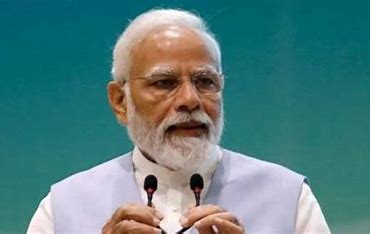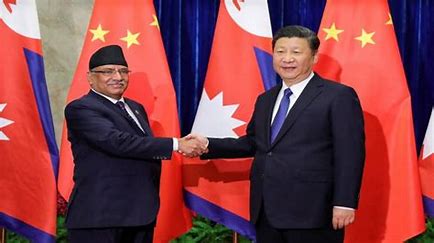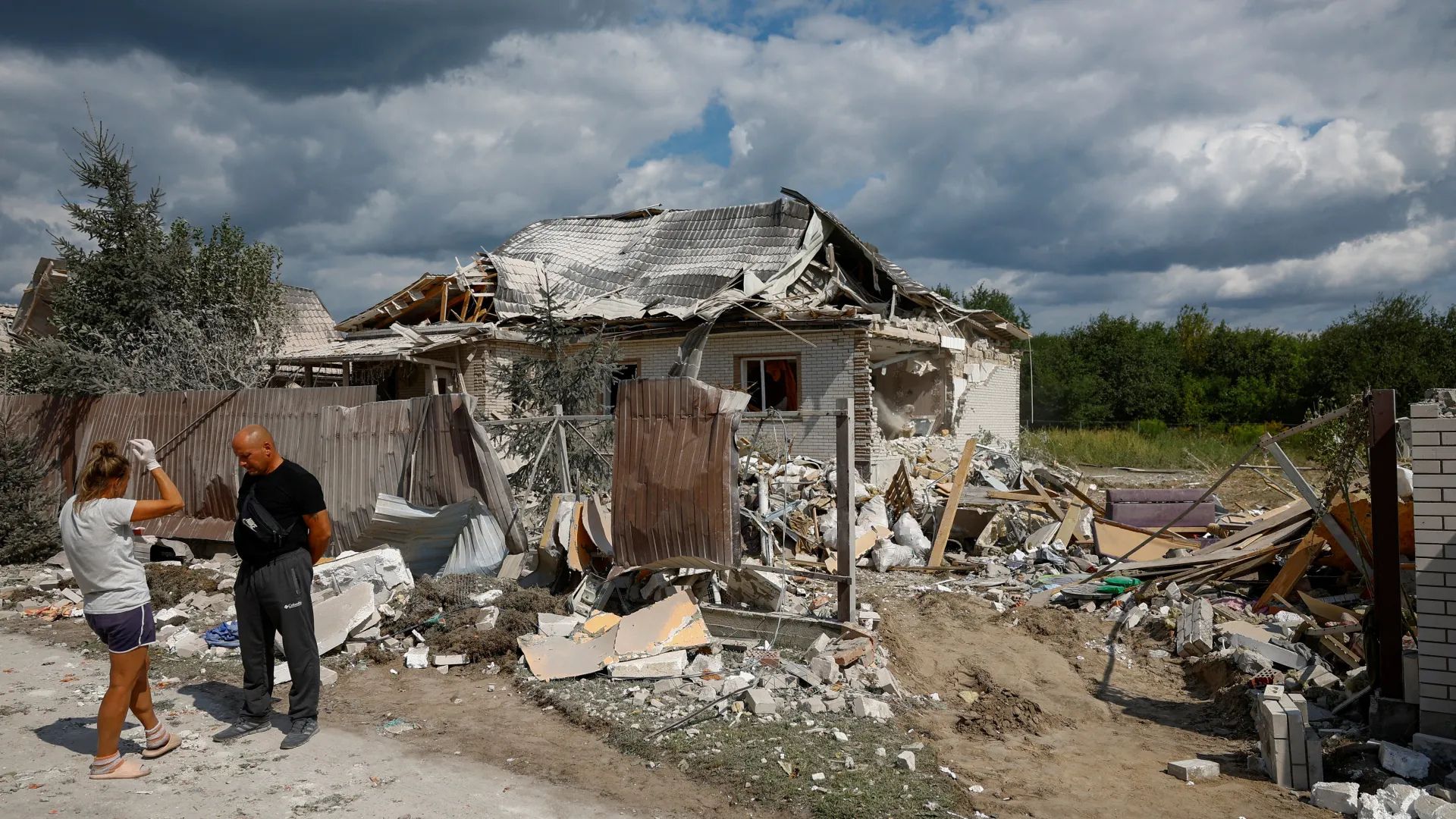
The iTV network has constantly acted as the voice of parents across the country for being harassed in the name of school fees, that too at a time when Covid-19 has wreaked havoc on the financial condition of every household. On this issue, The Daily Guardian had a exclusive conversation with Delhi Education Minister Manish Sisodia. Excerpts:
Q: Being the voice of the common people, the iTV network has been regularly raising the issue of school fees. Your thoughts.
A: I congratulate the iTV network for understanding the problems of the parents of children; you are becoming their voice. I congratulate your entire team for this endeavour.
Q: What steps have you taken regarding the fees so that the common people do not face any problem?
A: The Delhi government is standing with the children and their parents; the government has continuously given orders to the private schools that no burden should be imposed on the parents in this tough Covid-19 times. Many people have lost their jobs, many businesses have closed down. In such a situation, they should not be pressured; no child should be stopped from studying because of fees. I am totally with the kids and the parents.
Q: We are hearing several stories where young students have been stopped from attending online classes because of fees…
A: It is wrong to stop online classes of any child. For any reason, if a parent is not able to pay the fee, then it is a compulsion for him to understand that as soon as his condition becomes normal, you can take the fee from him, but now a person’s job has been lost due to Covid. Denying them education at this time of crisis is wrong.
Q: What should parents do if they are being harassed in Delhi?
A: They can complain to the government.
Q: You were demanding that the 12th board examination should not be held, the safety of the children is paramount.
A: It is a very good decision for children. Many education ministers were raising the point that this is not the time for stubbornness to conduct the examinations. The tradition of education says that we will teach for one year and after that take three-hour paper, this is the tradition. There is no time to succumb to the pressure of traditions. It is more important for us to keep our children safe. I am glad that the decision was taken keeping in mind the health of the children.
Q: What is your suggestion on how to calculate the marks?
A: I have always been opposed to the idea of assessing students in three hours. This is our chance to change this. A child who has been studying with us for the last 12 years, we take three hours of examination and tell the university that the child is like this, it is not right. From class 10 to class 12, you evaluate him for three years. This is much better.
Q: What will happen to those who studied a lot before the examinations and got good marks?
A: I talked to many children that 10-15 percent of them are such that they want to get a chance to improve by giving examinations. About 85 percent believe that it is good if you judge on the basis of our three years of hard work. So we can give a second chance to those who are among the 10-15 percent children. Getting them tested is not a big deal.
Q: Will there be any problem at the time of admission in the university?
A: No, this is a good opportunity, because there was no option in the past to judge the child based on his performance in three years. He used to take admission only on the basis of a three hours’ examination, but now he knows what this kid has done in three years. This is a good basis for admission to a university.
Q: Is this also an indication that when the Delhi government has a board, it will assess the children in the same way?
A: We are going for our own board so that the assessment of the child is done on the basis of a three-hour examination. This is an old tradition; the education of the 21st century doesn’t follow this criterion. I think this is an opportunity to reform our education system.















